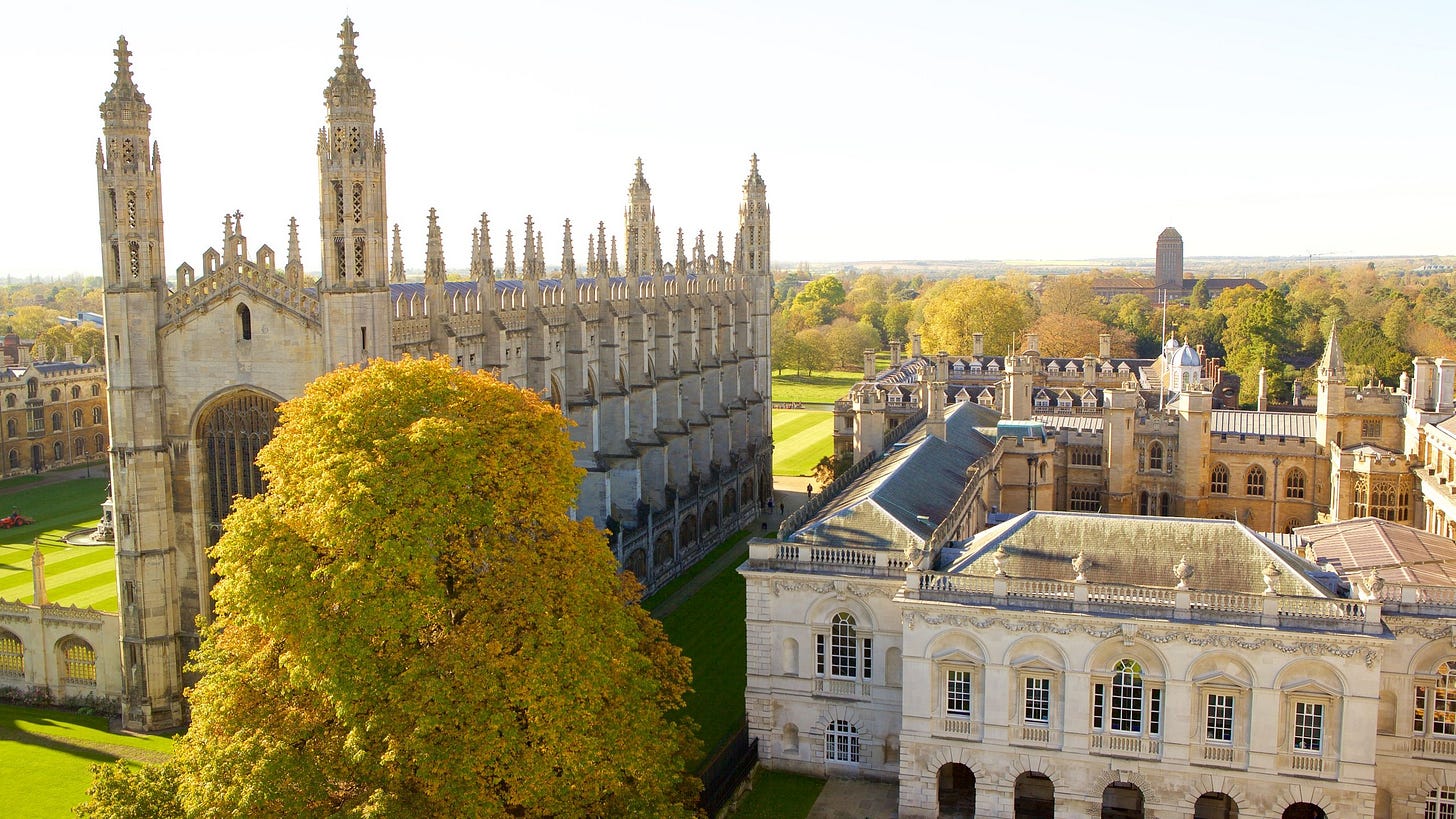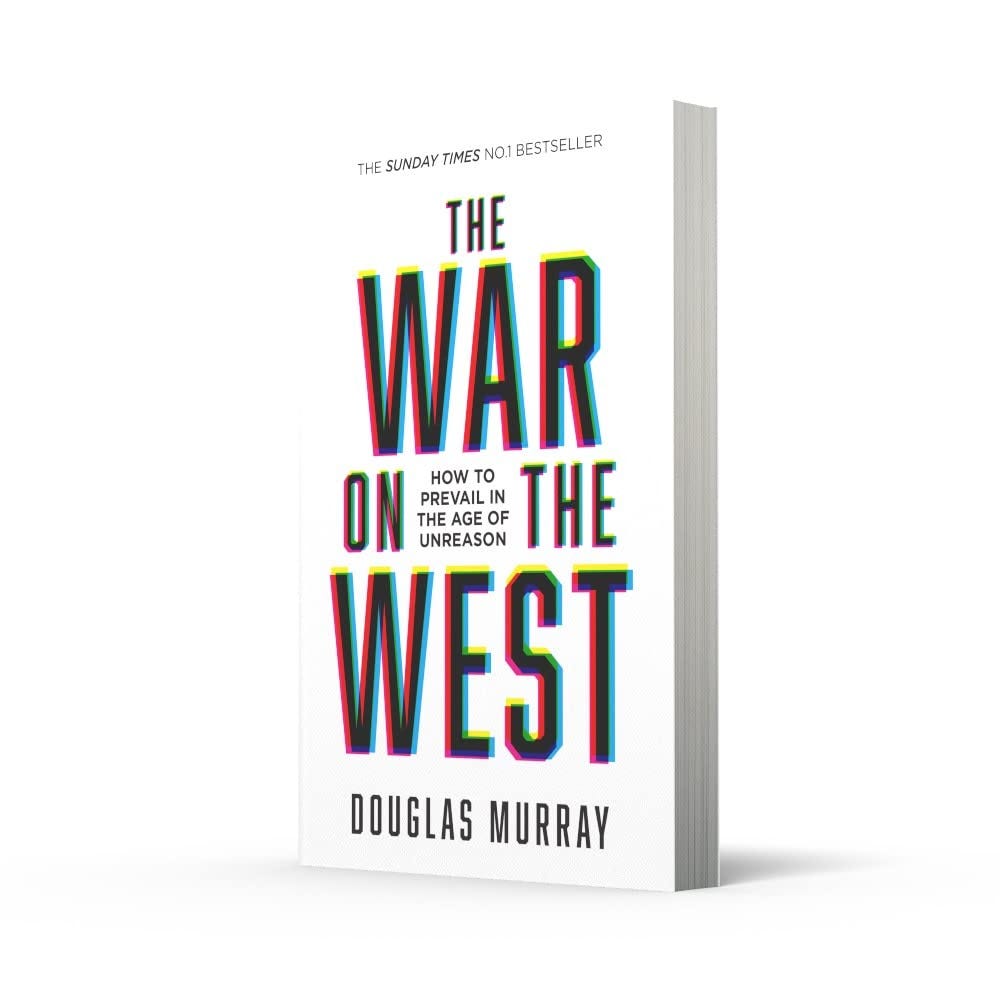Gratitude
In difficult times, it may benefit us to think of what we have rather than what we don’t have. The same approach to life is also healthy during happy times. ‘Everything we love and into which love has been poured-is fragile.’
Gratitude is the name given to the interlude for the ‘Culture’ chapter in Douglas Murray’s 2022 bestseller, The War on the West’. He discusses the reality that the low can bring down the high. Great things that may take decades to build can come down in moments. People can fall just as swiftly. Murray recalls an incident where a gang of Hutus knocked the brains out of a Tutsi doctor during the Rwandan genocide of 1994. Murray asks, ‘What is it that drives that evil?’ Freidrich Nietzsche identified one of the things that drive it; the philosopher wrote of resentment or ‘ressentiment’. That sentiment drives people to destroy. It blames others for having something someone believes they deserve more. The men of ressentiment make happy people unhappy. They make others feel shame for their happiness. Murray says the central insight Nietzsche makes on this matter is that these envious people attempt to ‘anaesthetise pain through emotion’. A failure of individuals to acknowledge they are to blame for themselves enables anger to remain and grow.
Murray evokes the desecration of Western statues and buildings we have seen recently and the attacks on white historical figures. These matters feature heavily in his book. Murray detects ressentiment in the vandals who so readily assail Western heritage. The resentment of these people certainly causes others to feel unhappy, guilty even. Such unhappiness and guilt often manifest in the tendency of some to claim or support preposterous assertions that attribute past achievements to people who were not responsible for them. Some cannot reconcile themselves to a reality where the scales of historical achievement do not weigh evenly for all peoples across all times. Lies and escapism is their response. Complete ignorance and or disregard for the true historical record fuels miscreants who have everything we hold dear in their sights. The truth causes the pain they seek to anaesthetise through emotion.
People who cloak aggression in the language of equality beset us constantly. Murray observes that demands for “equality” are presented in a disinterested light when they clearly demonstrate self interest. “Equality” demands the political, social, and cultural diminution of ethnic Europeans in the cause of minority interests. Opposition to this, no matter how politely put, invites the charge of “racism”. The patent indignation this arouses requires no explanation.
What is the solution for those who burn with such resentment while trying to mask their malevolence with “equality”? For Murray, it rests in an appreciation of the best of the West. Among its many contributions are the marvellous cities of Paris, Venice, and Florence, the great cathedral and university towns of the West. ‘Oxford and Cambridge, Heidelberg and Regensburg, Ely, and Salisbury, Bologna and Valencia.’
For those riven with upset at Western historical figures for not living up to the mores of the 2020s, for those who do not lament that other cultures did not manage this either, Murray points out that ‘to live in the West in this time is to enjoy a piece of historical good fortune unlike almost any good fortune in history’.
One can easily understand Murray’s love of Europe’s great places and architecture. ‘Sainte-Chapelle in Paris, the Capella Sansevero in Naples, the Duomo in Florence, or tens of thousands of cathedrals, churches, chapels, and other monuments’. Murray reasons that these are great gifts to all of humankind. He is right that anybody should be able to appreciate them. However, his interlude fails to address the reality that not everyone feels the same sense of belonging as he does when seeing such majesty. Western kind may wonder at what Oswald Spengler would call expressions of the Faustian culture soul. For others, it may remind them of what they and their cultures are not. It may be difficult for some to identify with and care for that which does not reflect their own cultural distinctiveness. A European may marvel at the Great Wall Of China, but can he really care for it in the way that a Chinese person can? For many, gratitude cannot assuage the central problem of belonging.
Many places outside the West ‘are not interested in openness to the world and are not remotely concerned with self-criticism, progress or any other form of betterment’. Incessantly, we meet the intransigence of those who deride the West without acknowledging the ills of other cultures and the great extent to which the West was able to initiate and advance many of the “human rights” often taken for granted today.
References
Douglas Murray, The War on the West: How to Prevail in the Age of Unreason, 2022
This piece is the first edition of A Short Scroll, a new category of shorter articles that will supplement other work published here.





